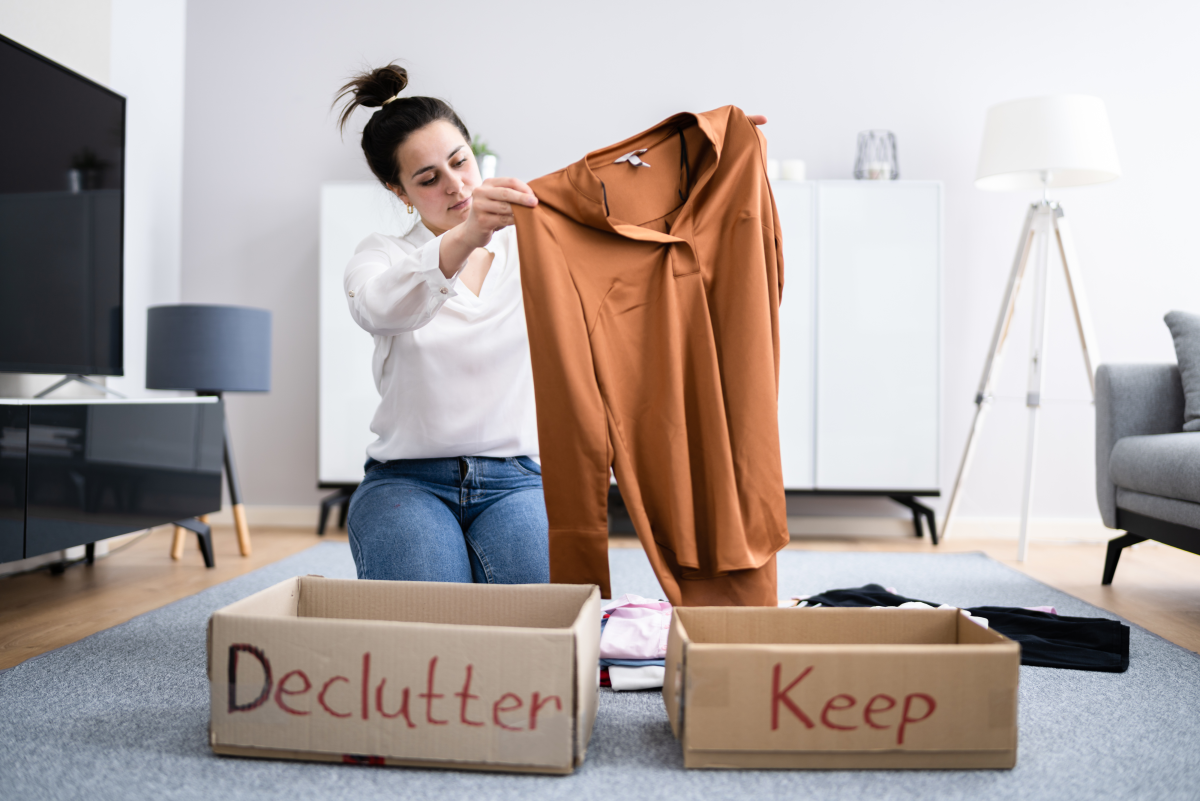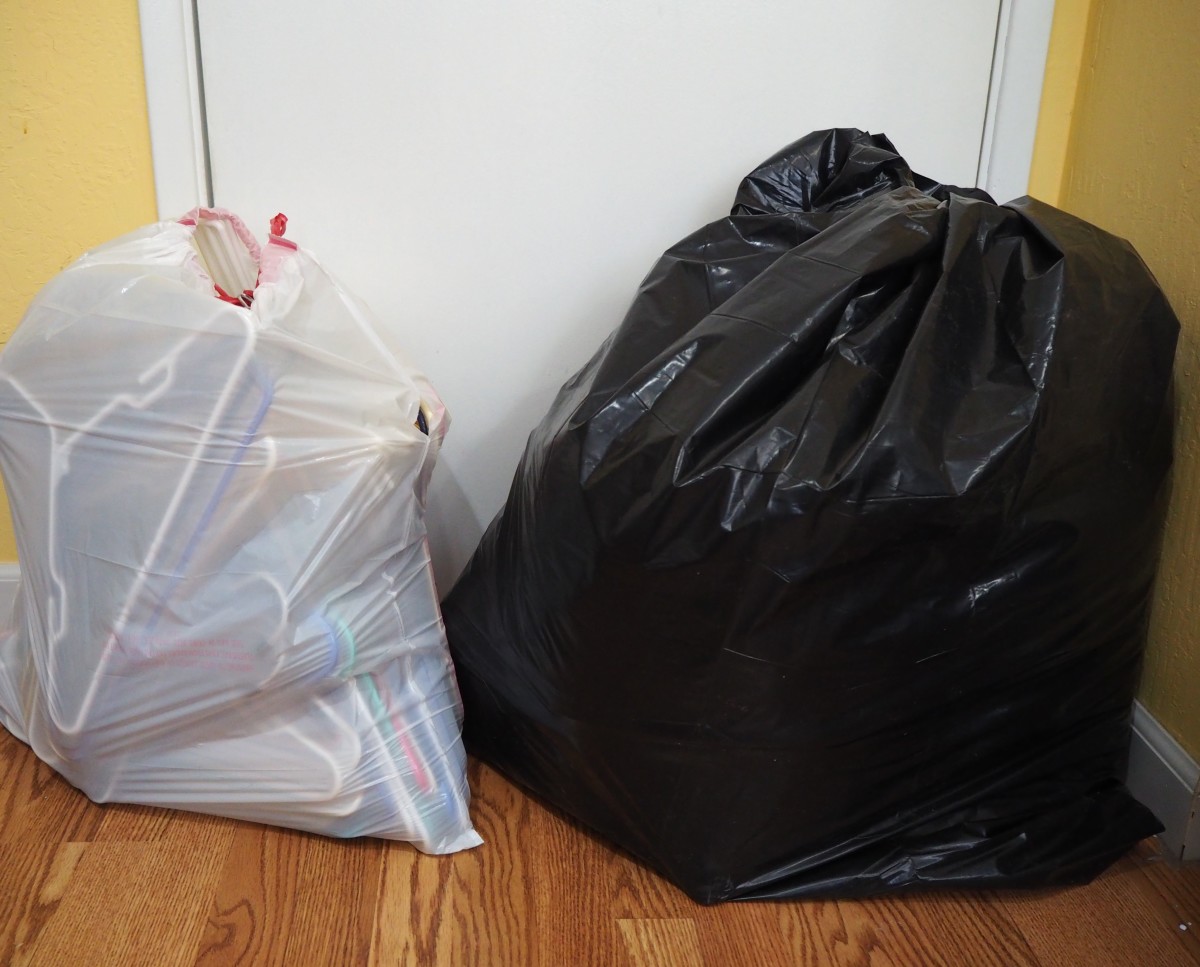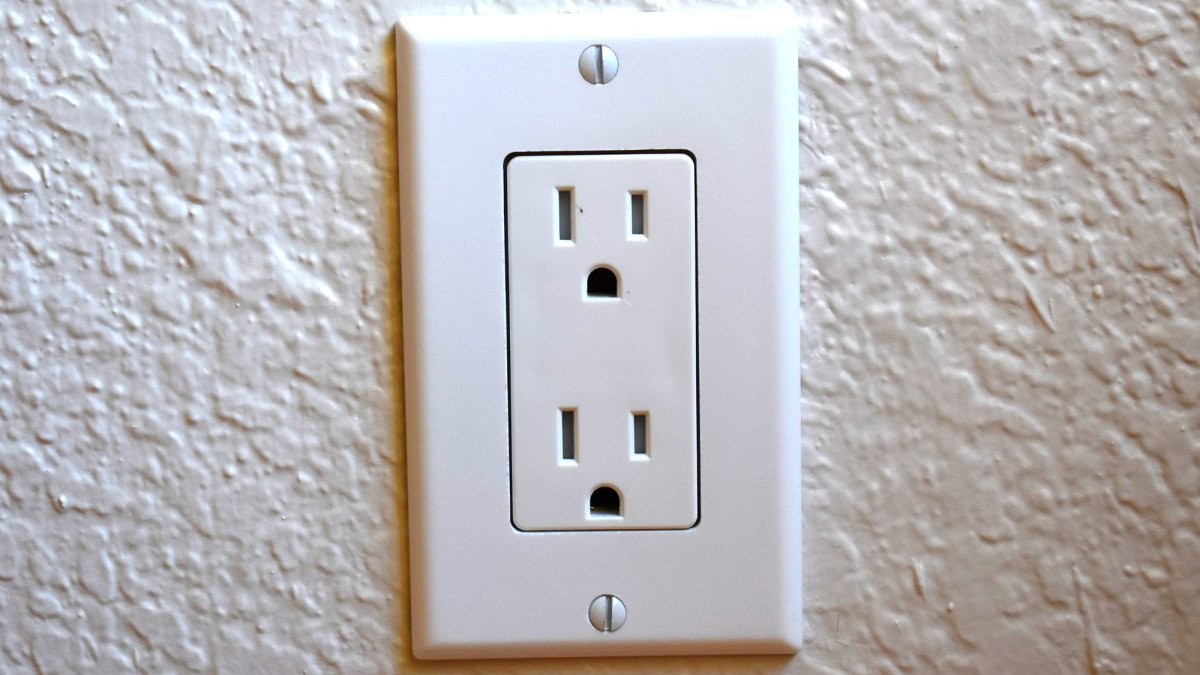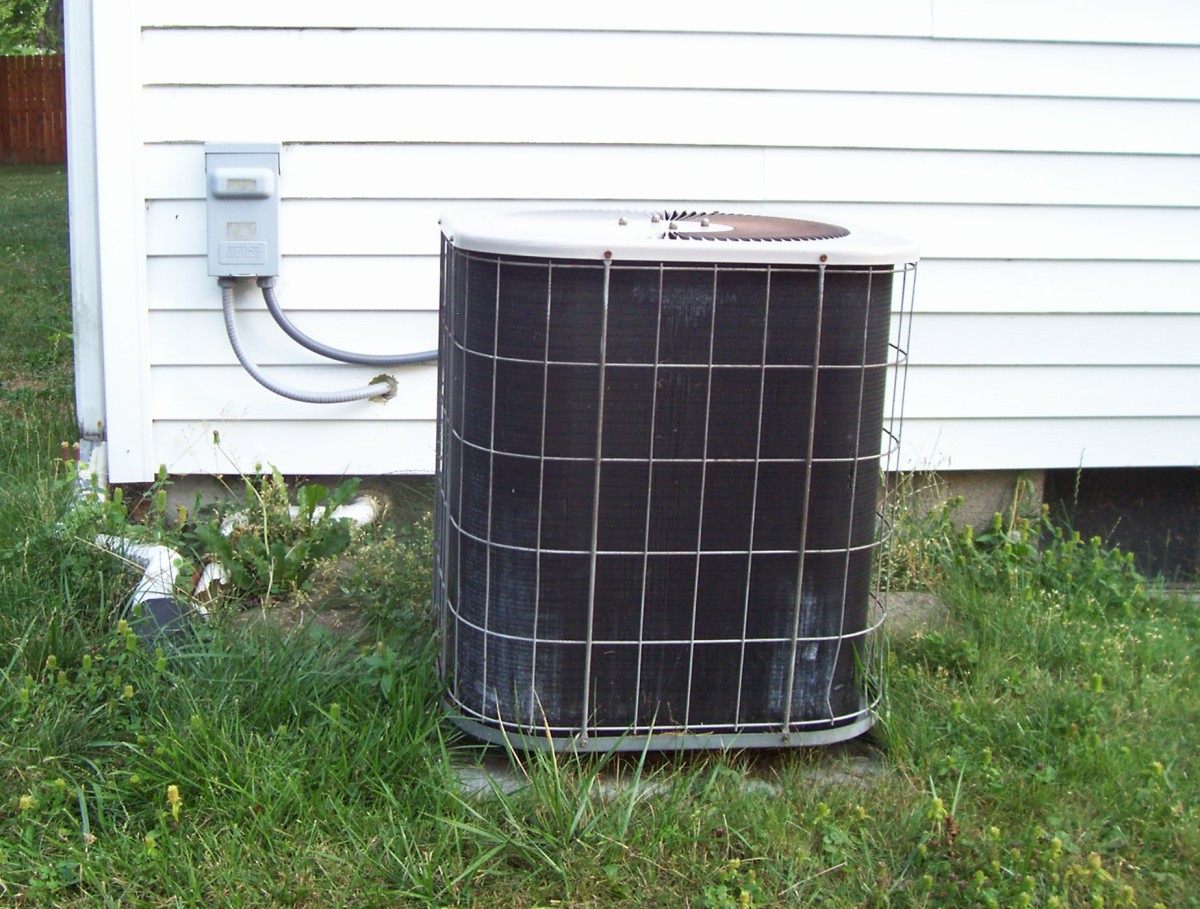Five Ways to Declutter This Month

The Art of Declutter
There was a time in college that I returned home to visit family and had late night insomnia. It was nice to be home in my own space, despite being unable to fall asleep. College could be stressful sometimes as well as being someone in their very early 20s. Home offered a respite from the boy problems, the drama and the never-ending workload. Best of all, I was surrounded by books that I could read for fun, not scan through for two hours citing sources for a 20+ page research assignment.
As I sat there, contemplating life, I gazed around my room at all my books and stuff. There was a lot in my tiny room and even more stuff downstairs in boxes. Once college ended, I would (hopefully) have a job lined up and get a place of my own. Oh, and there was the issue of paying off my student loans at some point. Then the thought popped into my head “maybe this stuff is preventing me from seeing whats important?”
I would carry that thought with me after getting my first full-time job and rent a townhouse. It would continue to go with me as I moved up the career ladder and moved three more times. Getting rid of ‘stuff’ became a yearly goal and one that I have exceeded every year. Coming from a family who all tend to have a lot of ‘stuff’, but declutter frequently, helped move this along. It started off slow, but now decluttering is something I do naturally. Less clutter means a happier life, I’ve learned.
Decluttering was certainly a process. I set small goals initially (i.e. going through books) then got lofter as I set sturdy goals of specific item amounts. The result has been easier moves, feeling as I am freer and a decent chunk of extra money. Being someone who moves a lot has helped me, especially since I entertain the idea of moving out of state or the country someday. Can’t do that if you have stuff!
In the United States and other countries, consumerism is at an all time high. This results in people who wake up one day realizing they have too much stuff and/or need money. With dozens of books on the market, one would think it’s easy to get rid of excess stuff, put some money in your wallet and walk away happy as a lark. Sadly, it’s not always that easy, especially if you share items with someone else, who may not share your mindset of having less stuff.
That said, there are some easy ways you can START the process, that won’t make it seem overwhelming. Afterall, a start on something is better than no start at all.
1. Set a Number of Things You Want to Get Rid of
Be realistic with the number you set and don’t aim too high (even if that is your long-term goal). If you’re first starting out, any number between 50-75 is perfect. Setting your number too high may result in burnout. Once you have your number in mind, brainstorm things that you can go through to get to that amount. It also helps to pick things that you a) Really don’t need & b) Can sell. Some suggestions on places to start include;
- Books
- DVDs, movies
- Toys
- Clothes
- Seasonal decor
- Music CDs
- Junk drawers
2. Get Two Boxes/Large Containers/Bags and Set a Timeframe to Take Donations and Sells
These are going to be your obligatory sell and donate bags. Things that you can sell (which may require research) can be separated out later. Things that don’t get sold will eventually make their way into the donation bag, however. Be sure to keep them in a place that’s out of the way and set a time frame to take them. You’re likely going to fill another later, but knocking out a couple things will make you feel that you’re making more progress.
3. Make a Checklist
Before jumping in too far, you need to know what you’re up against. Make a checklist of all the rooms in your house, including outside, garage and other areas. As you make a list of rooms and places, consider specific areas in each room and make notes. Maybe your have an overflowing bookshelf in a spare room that needs to be cleaned out? Maybe you have children and their toys are in boxes in their bedroom?
4. Locate Where You Can Donate and Sell
Virtually every community has a place that you can donate old belongings to. Make a list of the one you want to take your donations to or see if there are non-profit organizations taking specific things.
For all this handwork you should be earning some money, right? Next make a list of places you can sell things to. Having a yard sale is also an option, as you can get rid of things easier. Be aware they can be time consuming, however. Here are some suggestions for places to sell your electronics, books, games and other items
- Local used game, book and movie stores
- Amazon
- Ebay
- Craigslist
- Facebook Sale Groups
- Online stores
- Online book sellers
- Consignment shops
5. Set a Timeline
Now for the doozy, the timeline. Before you start dreading how you’re getting all this done, remember, this is your list on your time. Feel free to be flexible and be aware of your time and schedule. Maybe you just want to tackle one room a month? Go for it! Want to do the entire house in two months? Go for it. Just remember to follow through with everything and…

Finally, Set Rewards
This is a bonus one, but one that’s very important. You’re setting goals, so you should reward yourself too. Keep things realistic and do things that don’t contradict your decluttering goal (i.e. shopping spree). You can set short term rewards (200 items=trip to the movies) or big ones (declutter house and get rid of 200 things=weekend vacation). You can even use the money you made for a reward. Some ideas are;
- Dinner out
- Replacing something old (i.e. shoes, bedsheets)
- Trip to a new place
- A new movie
- New clothing item
© 2017 Alexis








